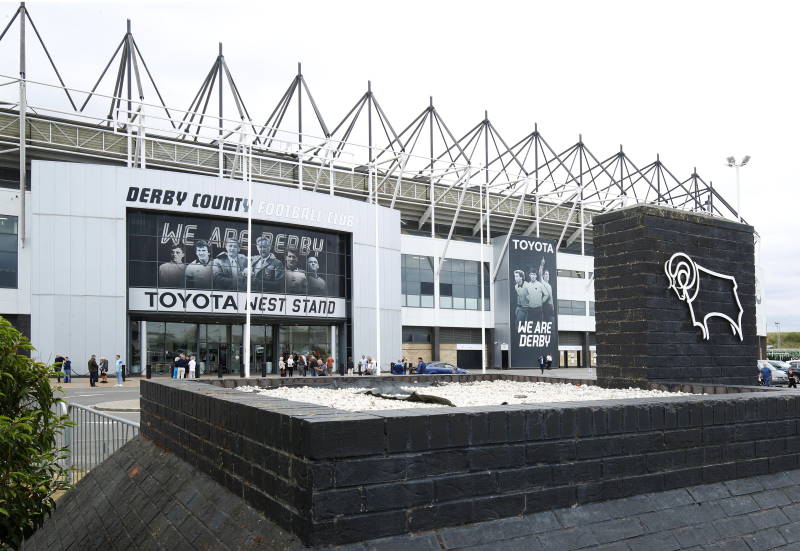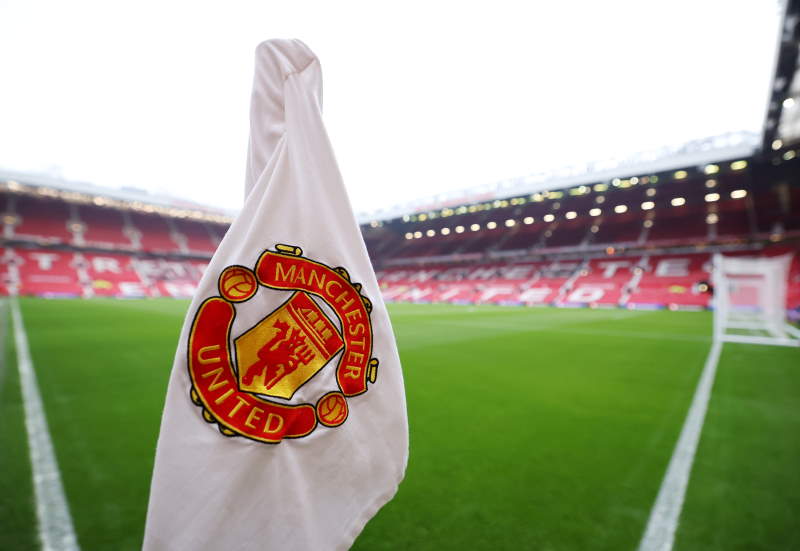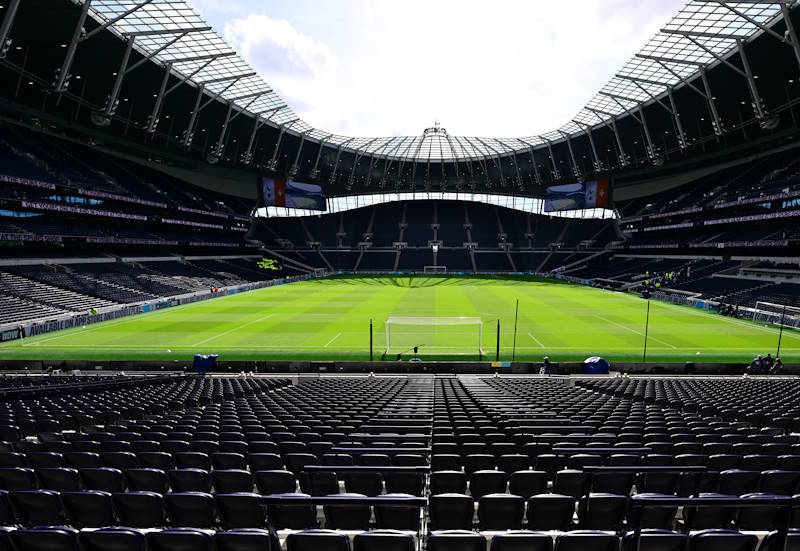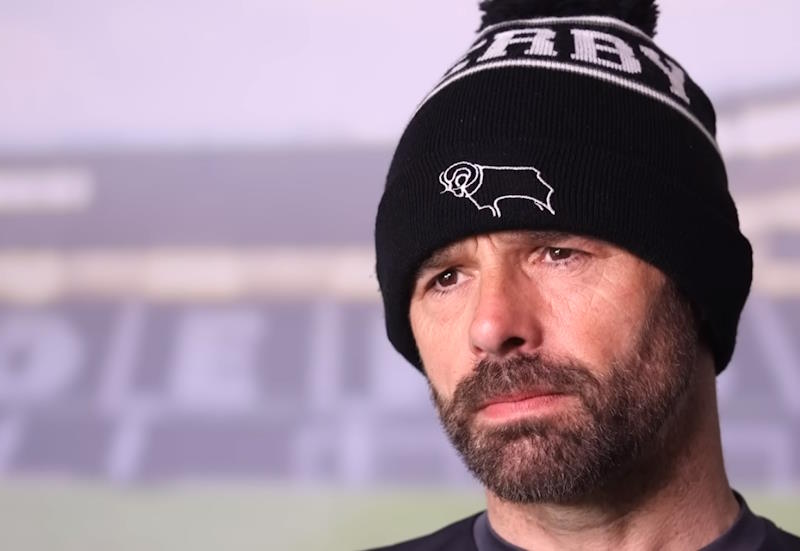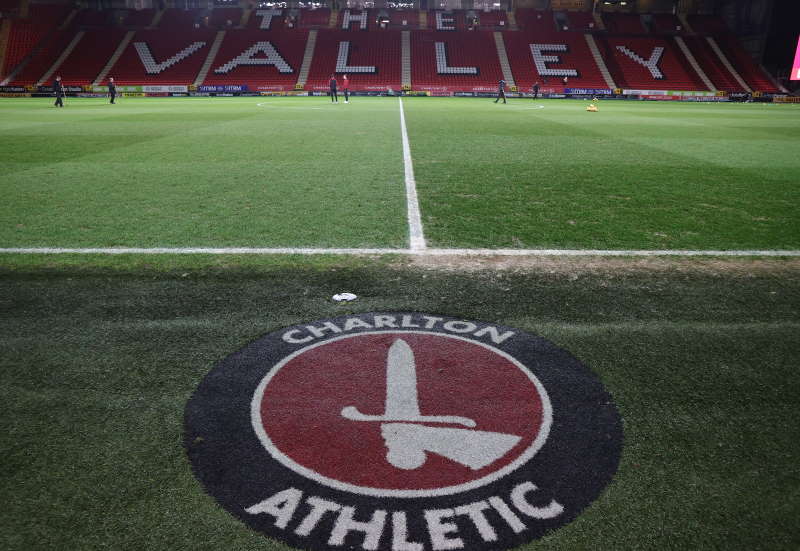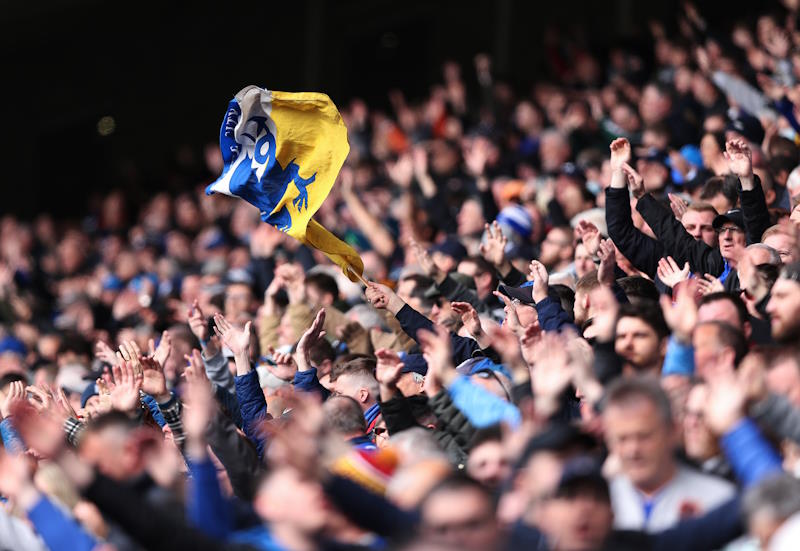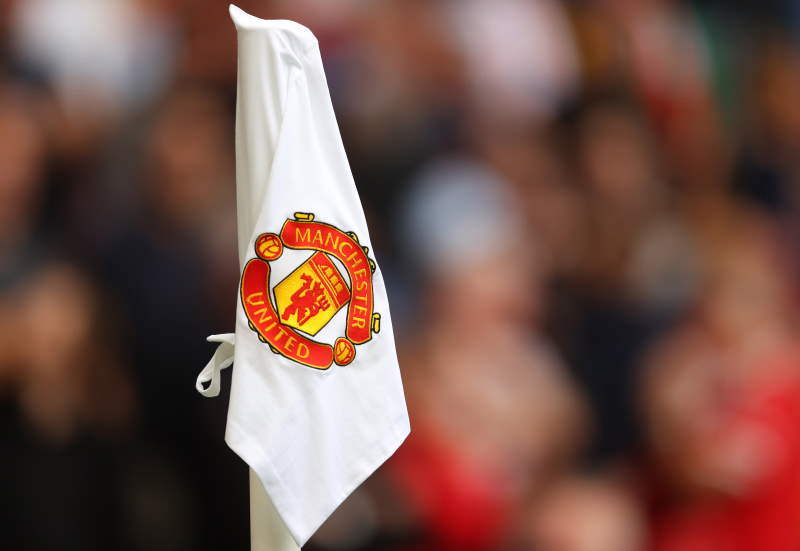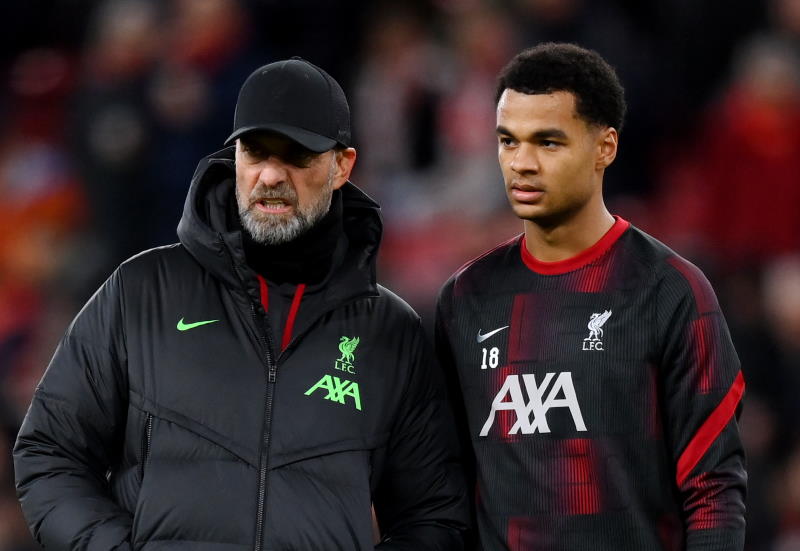
John Welsh
Following the culmination of the European Championship, attention now reverts to the domestic leagues with pre-season planning and transfer rumours taking centre stage. In Scotland, however, the crisis at Rangers has reached a scale where the board of directors at all Scottish Premier League (SPL) and Scottish Football League (SFL) clubs have become involved. It is evident that before the new football campaign can commence, the lawyers may need to be consulted to determine in which league Rangers will feature next season.
A summer of upheaval at Ibrox climaxed in new owner Charles Green buying the assets of the club for an estimated £5.5M and deciding to liquidate the old company and reform as a ‘newco’. Although the ex-Sheffield United chairman has claimed that he will honour the debts of the old Rangers, no guarantees have been forthcoming.
When Rangers entered administration in early 2012, it was assumed that a 10-point penalty and the enforcement of a season-long European ban would be their only punishment. A new buyer or consortium was expected to be secured by the administrators and the Gers would continue life in the SPL. It is now July and the Scottish authorities are still to decide on Rangers’ fate for the new season, as no rules exist for such a complex situation. Players are deserting the ‘newco’ in droves and the Blues fans’ unrest is growing.
Such have been the protracted negotiations throughout the summer, especially when the nature of the debt and alleged malpractices were discovered, that it has been difficult to find a suitable buyer who can offer the required financial security. Former chairman Sir David Murray’s lavish spending contributed to the debts, as did his successor Craig Whyte’s business dealings. It has since emerged that the Employment Benefit Trusts enacted by Murray to avoid payments to HMRC (British tax authorities, ed.) were not illegal and this part of the debt may not need to be repaid.
But now that Green has decided to follow the ‘newco’ option, with the ensuing hope that order should be restored, a rebellion amongst their fellow league clubs has gathered momentum. It now appears that a majority of SPL members are unwilling to accept the new Rangers into the top flight, citing integrity and the reputation of Scottish football as the prime reason.
A vote on 4th July by SPL chairmen is expected to rubber stamp the decision to remove Rangers from this league, despite the extra revenues generated by the Ibrox outfit visiting their respective stadiums. Stewart Milne of Aberdeen has further suggested that the ‘newco’ should begin life in Division Three rather than adopt the proposed plan by the Scottish FA of inserting Rangers into Division One of the SFL. It is this plan which now being opposed by several clubs in the SFL, especially as there are precedents for this case.
Only three years previously, Livingston were expelled from Division One and demoted to the lowest tier of the SFL after being found guilty of breaching the rules of insolvency. They had entered administration in July 2009, but were saved from liquidation after owner Angelo Massone decided to sell his shares to a new consortium which was able to guarantee the financial security of the club. Yet this did not satisfy the authorities.
Understandably, supporters of Livingston are unhappy with the prospect of Rangers securing a Division One lifeline and accuse the Scottish FA of double standards. Other SFL clubs are joining them in protesting against this possibility and many fans are declaring that they will refuse to renew season tickets should Rangers not be slotted into Division Three.
A meeting amongst SFL chairman will be held this week to discuss the issue and will convene before the crucial SPL vote. They are coming under increasing pressure from supporters to reject ideas from the Scottish FA for a radical restructuring of the national game in return for allowing Rangers into Division One. Division Three is becoming the preferred outcome for those opposed to the perceived preferential treatment of the Ibrox club.
Supporters are also using Darlington in England as an example of the correct sanctions for clubs embroiled in such circumstances. The English FA have demoted the North East outfit several levels from the Blue Square Premier League for following the liquidation and new company route without immediate recompense for creditors.
There are most certainly similarities in the cases of Livingston, Darlington and Rangers, but perhaps the biggest difference is the vast size of the Glasgow club. Rangers is an institution in Scotland and a business empire which attracts supporters from much further afield than just the city. While the television company which carries SPL games have pledged to honour their existing deal for a further season, no further commitments have been guaranteed and it is this source of revenue which helps to underpin much of Scottish football.
The authorities in Scotland have certainly been presented with an unprecedented situation where the failings of one the icons of the national game could create lasting damage to the sport. Former First Minister Henry McLeish, who was commissioned by the FA to investigate the structure of the game, has suggested a solution to the problem needs to be agreed this week; potential sponsors and advertisers are postponing contractual issues until the negotiations amongst the clubs arrive at a satisfactory conclusion.
It promises to be a crucial week in Scottish football and the fans of all teams face an anxious wait on the deliberations by the club chairmen. While the authorities and lawyers scrutinise the rule book, the long term future of the national game is at stake.


